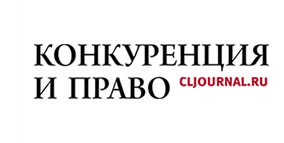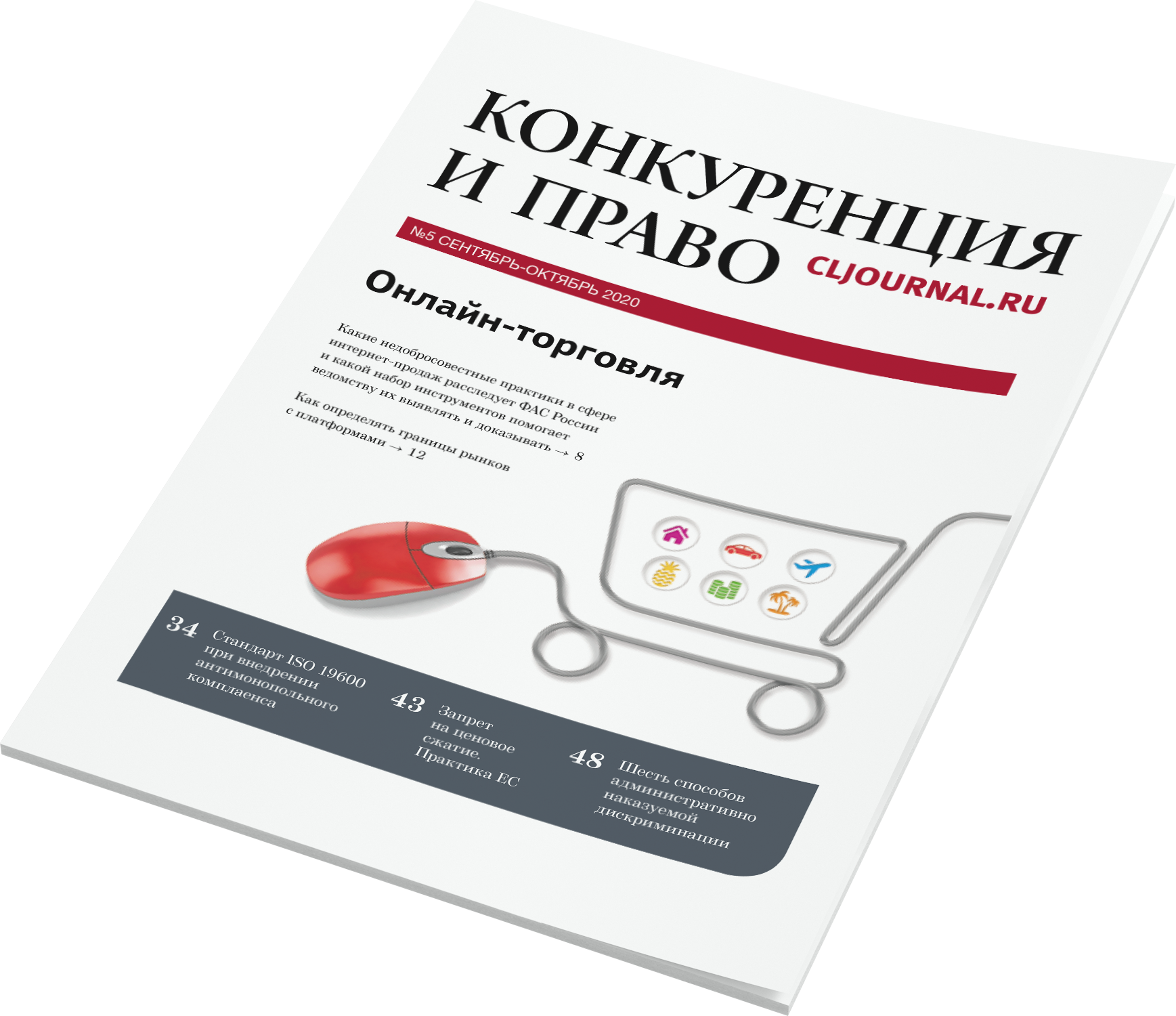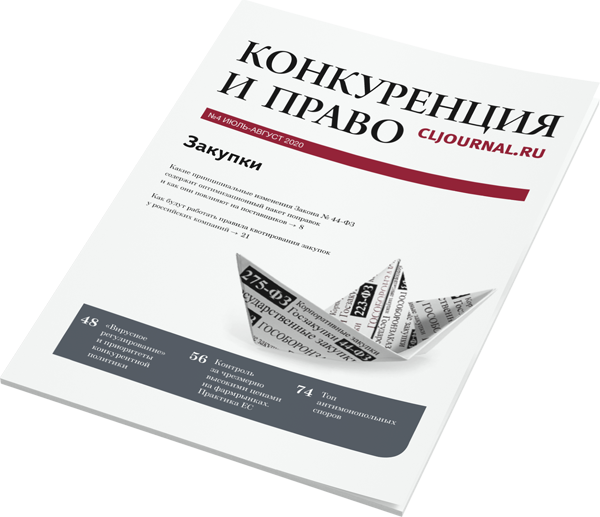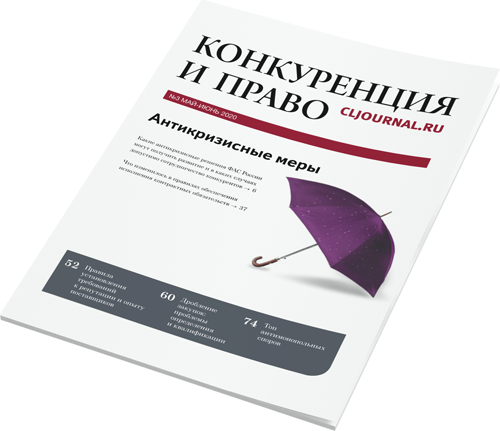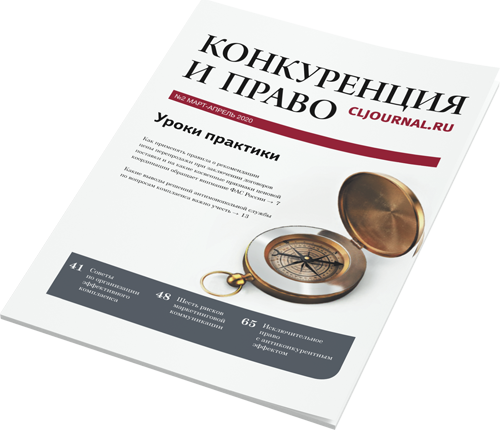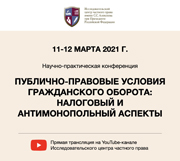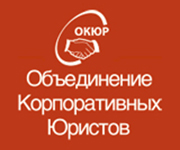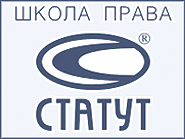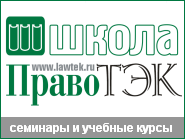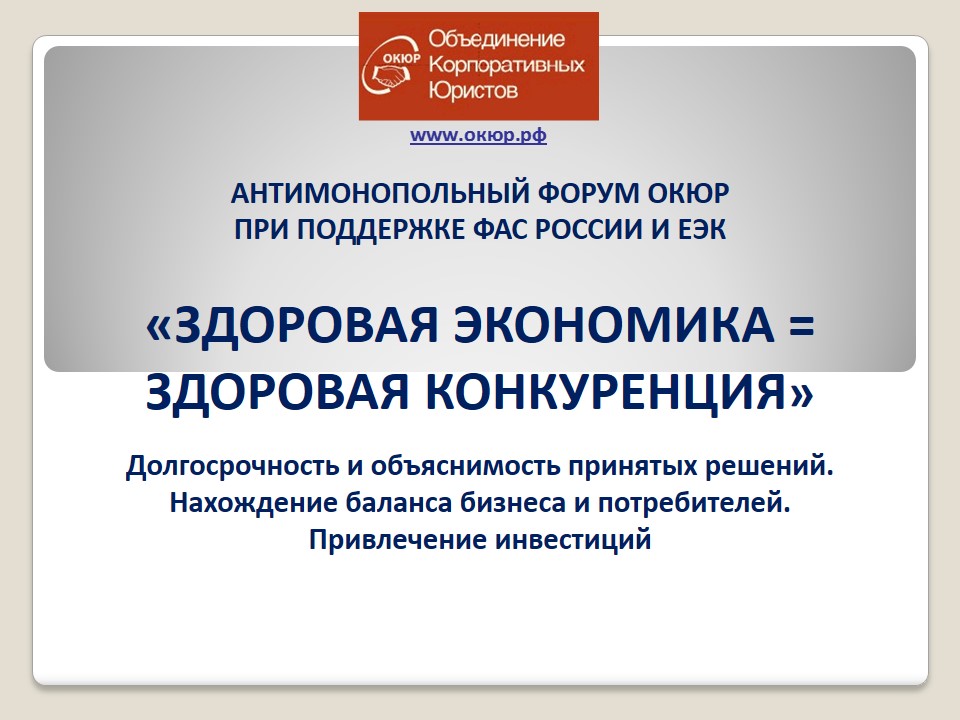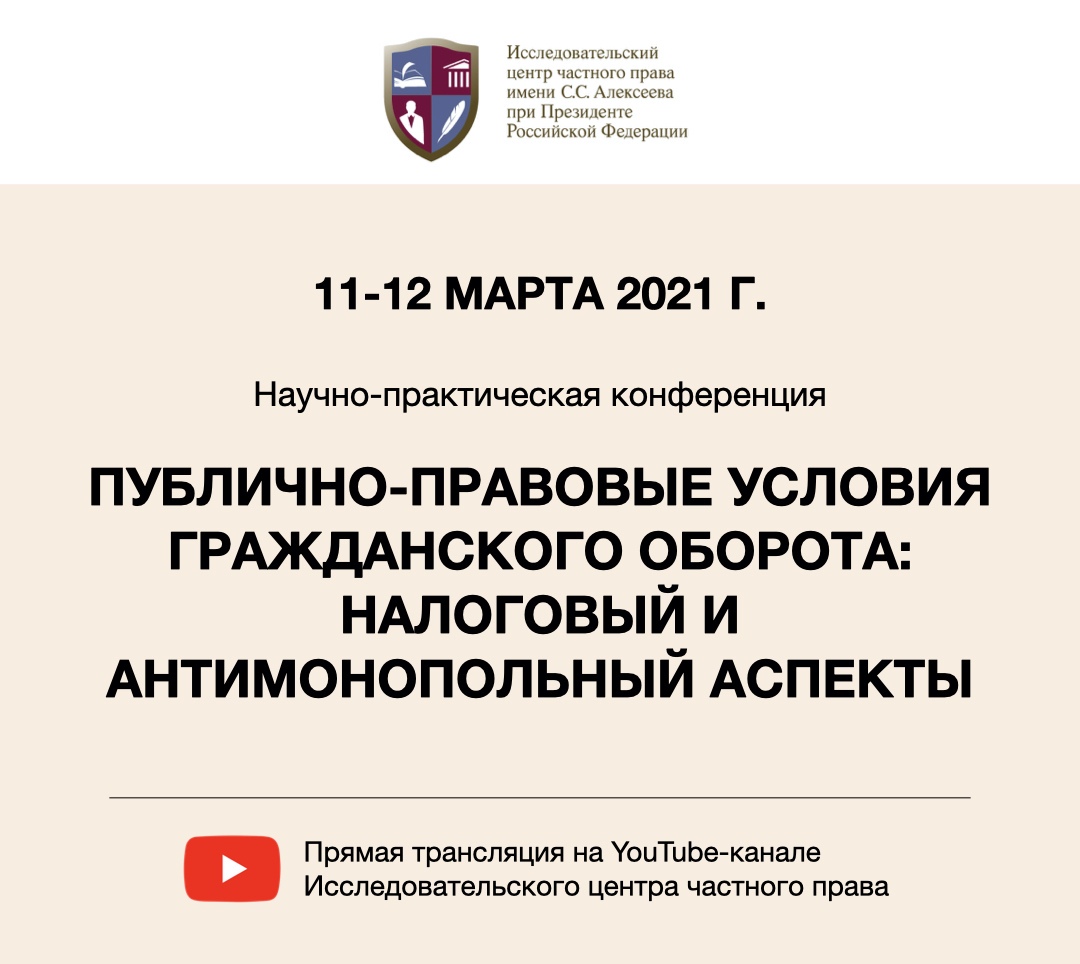|
||||||
 Russian antimonopoly legislation has been undergoing reform for several years. New serious changes are coming and they will form a new ‘antimonopoly package’, which will be the fourth one. At present these changes are drafted as a set of amendments to the draft law which has passed its first reading in the State Duma. The only objective of the first edition of the draft law was to abolish the requirement for economic concentration transactions (actions) to be notified. The amendments which are scheduled to be considered by the State Duma in the second reading alter significantly the concept of the draft law and introduce a range of major developments which are not connected with the initial objective. For this reason, the business community and practising lawyers are justifiably perplexed and dissatisfied with the method for implementing these changes. It can only be hoped that these amendments will be put before the lower chamber of the Duma as a separate draft law, because this will allow the professional community to actively discuss it. The Russian Federal Antimonopoly Service (the “FAS”), which has authored the amendments, calls the fourth package ‘liberal’ and claims that the antimonopoly regulation in Russia should move away from being punitive into the sphere of preventive control. We cannot agree with this description for several reasons. For example, an amendment is being suggested to the law “On protecting competition” that the Russian Government may establish the rules for non-discriminatory access to products which are manufactured and/or disposed of by a business entity which has a dominating position provided that it is not a natural monopoly entity holding with a market share above 70%. At present these rules may apply to the natural monopoly entities. It is being planned that these rules be expanded to products in short supply, and they should include the material terms and conditions of agreements, model agreements for granting access to the commodities market, as well as the procedures for defining “mandatory consumers”, minimum levels of their supply and their priority. These changes show that the regulation is not becoming more liberal, but that instead the control is being tightened over dominant entities which may cause unjustified interference in their business activities. It is also being suggested to enshrine in law the practice allowing antimonopoly authority which has considered an abuse of a dominant position case or is exercising regulatory control over economic concentration actions to issue instructions to companies requiring trade policy rules to be approved and published; these should provide for the non-discriminatory access to the product. In particular, the antimonopoly authority proposes that the trade policy rules establish the principles for defining the price and paying for the product, as well as the material terms and conditions of the agreement. The danger of this development for business is that the information published at the company’s web-site may be used not only by the potential contractors, but also by its competitors. Moreover, this information being published may have the opposite effect of antimonopoly legislation being violated through a cartel agreement between the company and its competitors, leading to the corresponding claims from the antimonopoly authority. Article 11 of the law “On protecting competition” is expected to be significantly changed. In particular, according to the proposed amendments, the definition of a cartel will include anticompetitive agreements not only between the sellers of a product, but also between the buyers which compete in the market. Moreover, it is suggested that the application of the article be extended to anticompetitive agreements to maintain bid prices between business entities which belong to the same group of companies. At present such agreements cannot be classified as a cartel if the parties belong to the same group of companies on a structural basis or if the same company performs the functions of the executive bodies of such legal entity parties to the agreements. These amendments show that antimonopoly control over the market participants is being tightened. It is also worth mentioning the initiative of the FAS to limit to four years the maximum period during which an economic entity with a market share over 35% may remain on the Register (the “Register”). This proposed amendment is inconsistent with the OECD’s recommendations for improving competition legislation in Russia [1] which provide that in a competition case “dominance” should be identified on the basis of the current information and analysis. Neither do these changes solve the problem of unjustified liability being imposed for abuse of a dominant position on the market since the antimonopoly authority usually considers cases of this category only on the basis of data in the Register which is often obsolete and does not reflect the market situation. For this problem to be resolved, a requirement should be added to the legislation that the data on the Register must be made relevant as of the date of an antimonopoly case. The positive developments include that the jurisdiction of the Presidium of the FAS has been determined. This authority is already functioning as a part of the central administration of the Service, but the status of its decisions has not been established yet. It is assumed that the Presidium will become the “internal appeal authority” to review decisions of local FAS bodies when it starts its work on 1 January 2015. This will help reduce to a common denominator the practice of reviewing the decisions of local authorities on antimonopoly cases as well as resolutions to impose fines on the basis of such decisions. This will allow such cases to be transferred to the central administration of the Service which focuses on application of the antimonopoly legislation, thus lowering the courts’ workload. We hope that the work of the Presidium of the FAS will facilitate uniform interpretation of antimonopoly legislation and form sustainable practice of how it is applied.
Elena Sokolovskaya Lead expert of Competition and Law magazine [1] The recommendations were drafted at the June 2013 meeting of the OECD Competition Committee which assessed the willingness and ability of Russia to assume the obligations of OECD membership in the field of competition policy. 03 февраля 2014 г.
|
|

